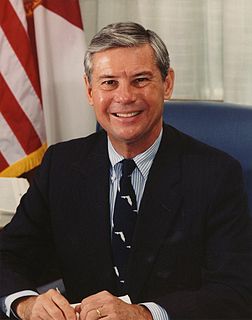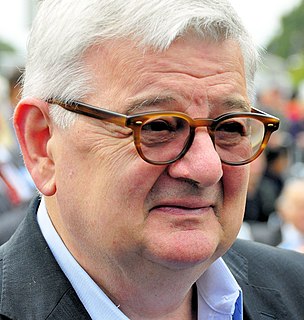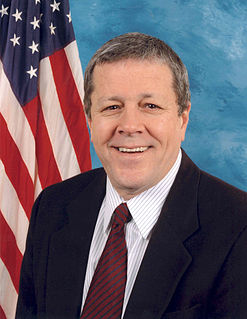A Quote by Joseph C. Wilson
In the issue war in Iraq, it was very clear to me that the policies that were being espoused by neoconservatives were totally devoid of substance - but they marketed it wonderfully.
Related Quotes
I think what history will show is that one of the most tragic results of the war in Iraq will be that although Sharon, the Likudites, the Neoconservatives in our country, President Bush and the Democratic party thought the war in Iraq and destroying Saddam would benefit Israeli security, we're seeing absolutely that the war in Iraq has probably put Israeli security in a more tenuous condition than it's been in since the founding of the Israeli state.
Similarly, the press never tested many of the assumptions about WMDs. One of the great myths about the WMD issue is that everybody believed Iraq had them. Well, that's not true. There were a number of people in the intelligence community and the State Department who were skeptical, and many analysts in the Department of Energy were dubious about Iraq's nuclear capability. There were also people like Scott Ritter who were saying quite accurately what was going on.
The war against Iraq is as disastrous as it is unnecessary; perhaps in terms of its wisdom, purpose and motives, the worst war in American history... Our military men and women...were not called to defend America but rather to attack Iraq. They were not called to die for, but rather to kill for, their country. What more unpatriotic thing could we have asked of our sons and daughters...?




































